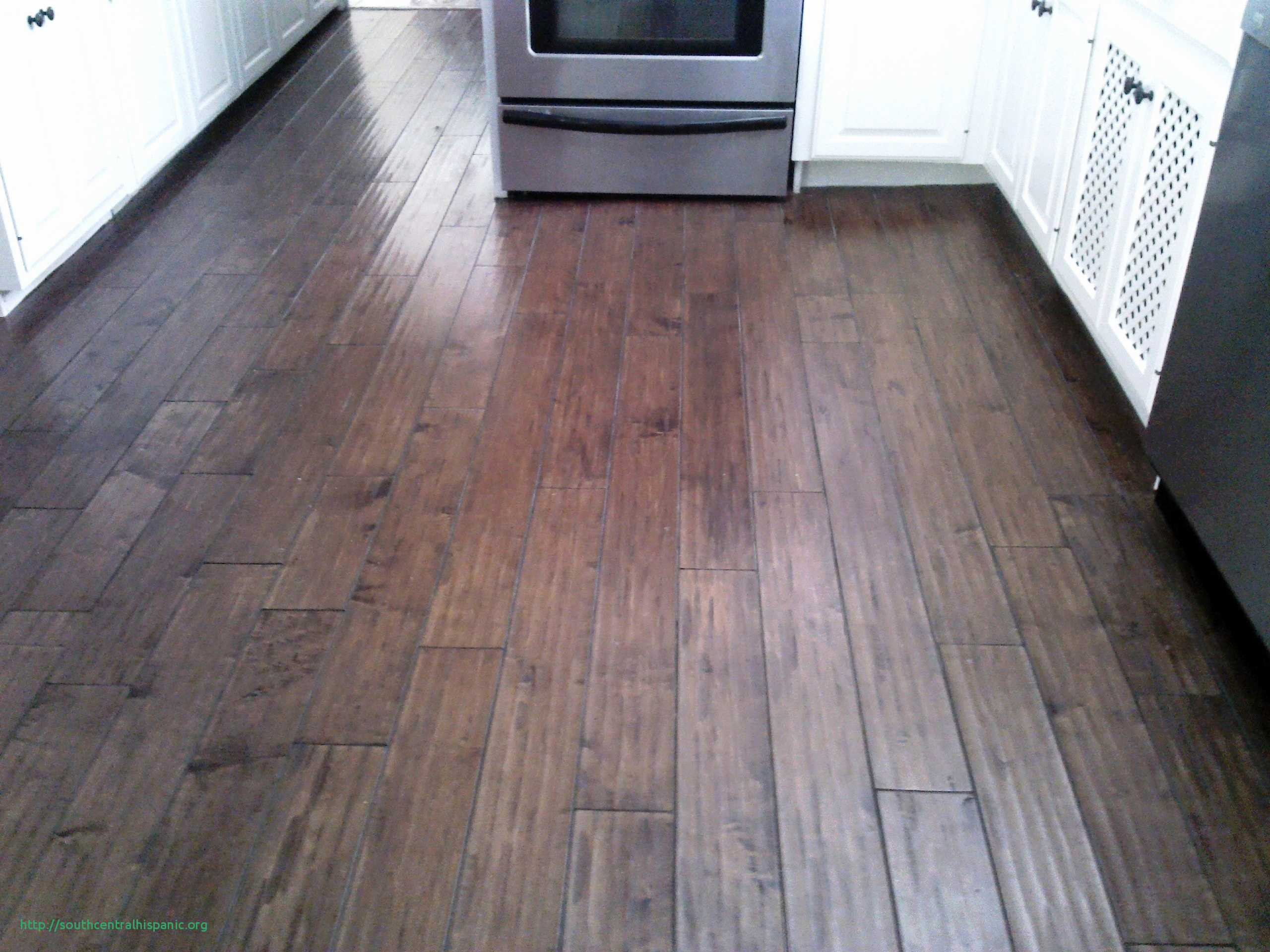You’ve decided to upgrade your flooring – a noble goal! But what if you’re working with existing vinyl flooring? Can you simply lay hardwood over it? The answer, as with most things in home improvement, is a bit more complicated than a simple yes or no. This article will delve into the intricacies of installing hardwood over vinyl, explore the pros and cons, and guide you through the decision-making process.

Image: jjvs.org
The desire to add warmth, elegance, and value to your home with hardwood flooring is understandable. But, before you get swept away by the allure of new wood, let’s consider the practicality of adding it atop existing vinyl. This guide will empower you to make an informed decision, ensuring your flooring project achieves its full potential.
Understanding the Challenges
Uneven Surfaces
Vinyl flooring is typically thinner and more flexible than hardwood. This disparity can create inconsistencies in the surface, leading to an uneven subfloor. When you install hardwood over an uneven surface, the planks may not lay flat, resulting in creaking, squeaking, and even potential damage to the hardwood. The unevenness could also make it difficult to achieve a level surface for the new flooring, rendering it unstable and prone to wear and tear.
Moisture Barriers
Vinyl flooring is often installed with a moisture barrier underneath. This barrier is essential to prevent moisture damage to the subfloor. However, when you install hardwood over vinyl, you’ll be adding another layer of flooring over the moisture barrier. This extra layer can trap moisture, creating a breeding ground for mold and mildew. It can also compromise the structural integrity of the subfloor, causing the wood to warp or rot.

Image: www.rocktherm.com
Subfloor Stability
The stability of your subfloor plays a vital role in the success of your hardwood flooring project. Vinyl flooring, particularly the thin, flexible varieties, doesn’t offer the same structural support as a solid subfloor. Installing hardwood directly over it could place unnecessary stress on the existing subfloor, leading to sagging or other issues. This is especially important to consider with older homes, where the subfloor itself may be less stable.
When It’s Possible (and Wise)
While the challenges outlined above might make it seem like installing hardwood over vinyl is a no-go, there are scenarios where it can be feasible. Here’s when it works best:
Thickness and Stability
The thickness and stability of your existing vinyl flooring are critical. If your vinyl flooring is already thick and offers a relatively flat, stable surface, it might be a candidate for hardwood installation. However, it’s essential to verify its stability through tapping and inspection for any soft or bouncy areas. If you detect unevenness or instability, the situation can become more complex and might necessitate additional preparation steps.
Subfloor Considerations
The condition of your subfloor is another crucial factor. If it is already sturdy and level, hardwood can potentially be installed over vinyl without compromising structure. However, if you have underlying issues like damage or unevenness, consider addressing these before proceeding with the hardwood installation. Repairing the subfloor, ensuring its levelness, and adding support where needed can make the final outcome successful.
The Type of Hardwood
Not all hardwood types are created equal. When installing over vinyl, consider choosing a species that is known to be stable and resistant to warping. Engineered hardwood, which is built with layers of wood veneer over a plywood core, is often a better choice than solid hardwood. This structure provides added stability and durability, making it a more forgiving option for installations over vinyl.
Preparation is Key
If you choose to move forward with installing hardwood over vinyl, preparation is crucial to ensure a successful outcome. Here are some essential steps to take:
Thorough Inspection
Before you even think about laying down hardwood, give your existing vinyl flooring a thorough inspection. Check for any wrinkles, dips, or bumps. Assess the stability of the subfloor beneath. If any imperfections exist, consider addressing them before proceeding, or you could end up with hardwood flooring that doesn’t lay flat and may even be prone to damage.
Moisture Control
With vinyl flooring having a moisture barrier underneath, it’s crucial to address this potential moisture trap. In some cases, removing the existing vinyl flooring altogether might be the safest approach to ensure complete moisture control and prevent potential warping or rot in the new hardwood. Alternatively, a moisture-resistant subfloor material, such as plywood or OSB, can be installed over the existing vinyl flooring, providing an additional level of protection against moisture ingress.
Leveling the Surface
Ensure a perfectly level subfloor is essential for preventing unevenness, creaking, and squeaking in your new hardwood. You can achieve this by using a self-leveling compound, a cementitious material that smooths out imperfections. Alternatively, if your existing subfloor is stable but slightly uneven, thinset mortar can be applied to achieve a level surface before laying down the hardwood planks.
Choosing the Right Professionals
While the information in this article provides valuable insights, it’s essential to recognize that installing hardwood over vinyl is a complex task that may require professional expertise. Seek out experienced and qualified flooring contractors who have experience in this type of installation. A skilled professional will be able to assess the specific conditions of your home, provide expert advice, and ensure your project is completed to the highest standards.
Can You Put Hardwood Over Vinyl Flooring
Conclusion
So, can you put hardwood over vinyl flooring? The short answer is sometimes, but it’s not always the simplest or most advisable course of action. The key takeaway is to meticulously evaluate the condition of your existing flooring and subfloor, consider the potential challenges, and carefully weigh the pros and cons. If you’re unsure, seeking expert advice from a qualified flooring contractor can be invaluable. They can help you navigate the complexities of installing hardwood over vinyl and ensure a successful and long-lasting outcome for your flooring project.

:max_bytes(150000):strip_icc()/OrangeGloEverydayHardwoodFloorCleaner22oz-5a95a4dd04d1cf0037cbd59c.jpeg?w=740&resize=740,414&ssl=1)




